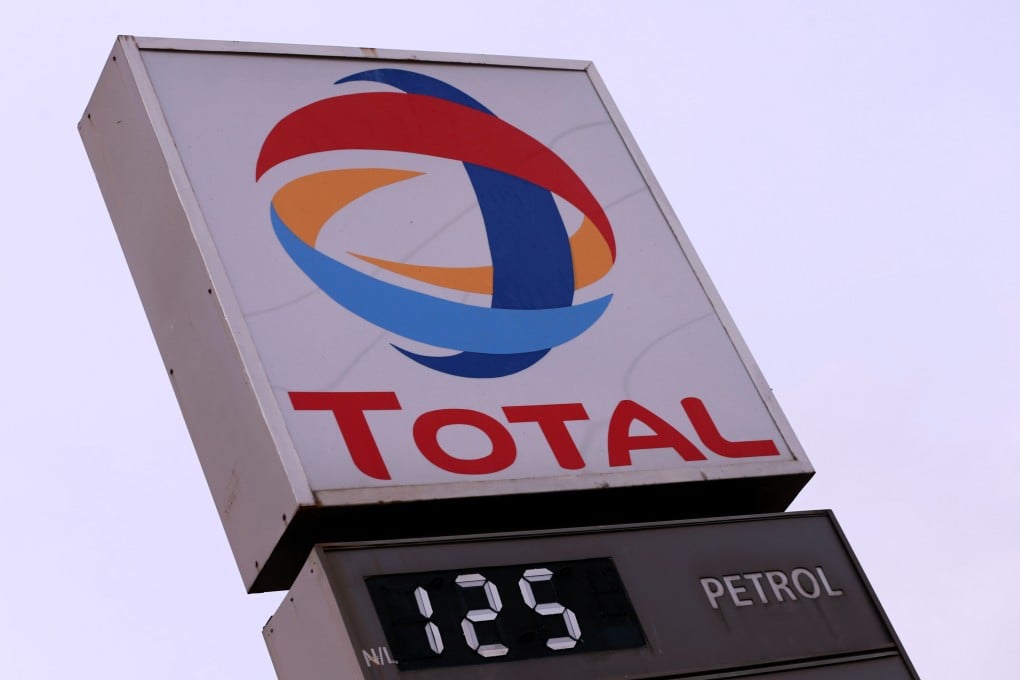Economic pain looms for African oil-producing nations as global coronavirus shutdown batters prices
- Prices for African oil have fallen by more than half during the past month as travel grinds to a halt amid the Covid-19 pandemic
- Disruption forces China, the world’s largest oil importer, to cut purchases of African oil

Africa’s major oil-producing nations are bracing for a huge economic hit as global shutdowns caused by the coronavirus pandemic pummel prices and demand.
Prices have fallen by more than half during the past month as global travel grinds to a halt. With the global economy slowing – including in China, the world’s largest oil importer, where the virus first was reported, and in many countries operating under lockdown — purchases of African oil have been slashed.
The situation has been exacerbated by a price war between Saudi Arabia and Russia, the second- and third-largest oil-producing countries, respectively.
On Monday, the global oil benchmark Brent crude fell at one point to US$22.58 a barrel, its lowest level since 2002. US West Texas Intermediate (WTI) fell below US$20 a barrel, closing at an 18-year low, but recovered slightly on Tuesday.

The swoon has handed massive losses to oil-producing African countries such as Nigeria, Angola, Ghana, Algeria and the Republic of Congo (Brazzaville). Most of the continent’s oil-rich nations are expected to slip into recession.